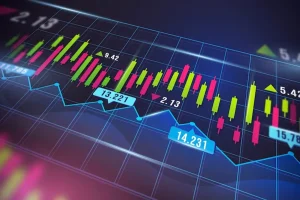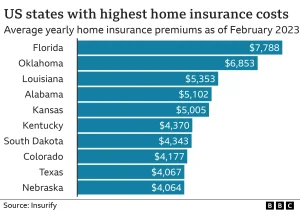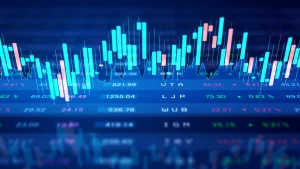
Market volatility may seem intimidating to investors, but it actually provides them with opportunities. After all, investing is a long term game and having a well-diversified portfolio in place was designed with periods such as these in mind.
Though most of us lack the time or resources to constantly track changes to price fluctuations, it’s still wise to factor them into your plans as normal fluctuations.
Factors Affecting Market Volatility
Market volatility plays a critical role in assessing both risk and return for any investment, offering both opportunities for outsized gains as well as potential for large losses. When market volatility increases significantly, so too do outsize gains as well as large potential losses.
Market volatility can be affected by numerous factors, including market conditions and investor sentiment. Uncertainty regarding future economy or political stability can lead to investors selling shares or shifting towards safer assets, creating increased market volatility.
Other factors that may contribute to market volatility include economic data such as GDP growth, employment numbers, inflation rates and consumer spending habits. Monetary policy decisions as well as global events also play a part.
Volatility often spikes around key events like quarterly earnings reports. Bear markets and other large downward moves can increase volatility further. Long-term investors may take advantage of discounted shares that offer cumulative growth over time; however, high volatility can make raising capital harder, thus hampering economic development.
Individual Stocks
Investors should take a long-term view of market volatility, as periods of high volatility often present buying opportunities for quality stocks. But investors must avoid being temped into making quick trades during volatile periods as this could lead to potentially harmful transactions in your portfolio.
Market volatility refers to how quickly prices move upward or downward over a set period, such as one year. To gauge it accurately, look at how often major stock indices like S&P 500 experience daily changes. When these movements become pronounced over time, this increases market volatility levels significantly.
Individual stock prices may also experience fluctuation depending on news that directly impacts a company. For instance, positive press about an innovative new product or impressive earnings report could drive up its stock price; on the other hand, negative publicity such as data breach incidents or inappropriate CEO behavior could cause it to decrease significantly.
Sectors
Typically, higher volatility means greater risk; however, it doesn’t always indicate an imminent bear market decline – volatility can actually help stock performance!
Technological innovations-powered companies tend to experience rapid growth and attract investor interest, which often results in their shares experiencing dramatic price swings with an increased risk profile.
Seasonality and cyclicality also have an effect on market volatility, while changes to monetary policy can bring volatility – for instance when tightening rates to combat inflation can negatively impact stock markets; in contrast expansionary policies tend to have positive outcomes on economies and stock prices.
Political events can also cause volatility. For example, President Trump’s announcement of tariffs against Chinese imports caused both the Dow and S&P 500 to plummet due to uncertainty surrounding economic forecasts, prompting many investors to become fearful and reconsider their investment decisions.
Market Seasonality
Market seasonality affects share prices in different ways. It may temporarily alter uncertainty levels, impacting demand and price for stocks. Furthermore, seasonality can impact market conditions through reduced trading volume and liquidity; leading to wider bid-ask spreads that reduce aggregate participation in markets.
Other market actions can also contribute to greater volatility, including when large funds rebalance portfolios at the end of an annual quarter or when news events trigger investor fear (e.g., COVID-19 pandemic). Market speculation also contributes to volatility.
Understanding market volatility can help investors create and stick to long-term investing plans more easily. Any easily visible market anomalies should already be factored into prices and may be exploited by traders who take advantage of them.







